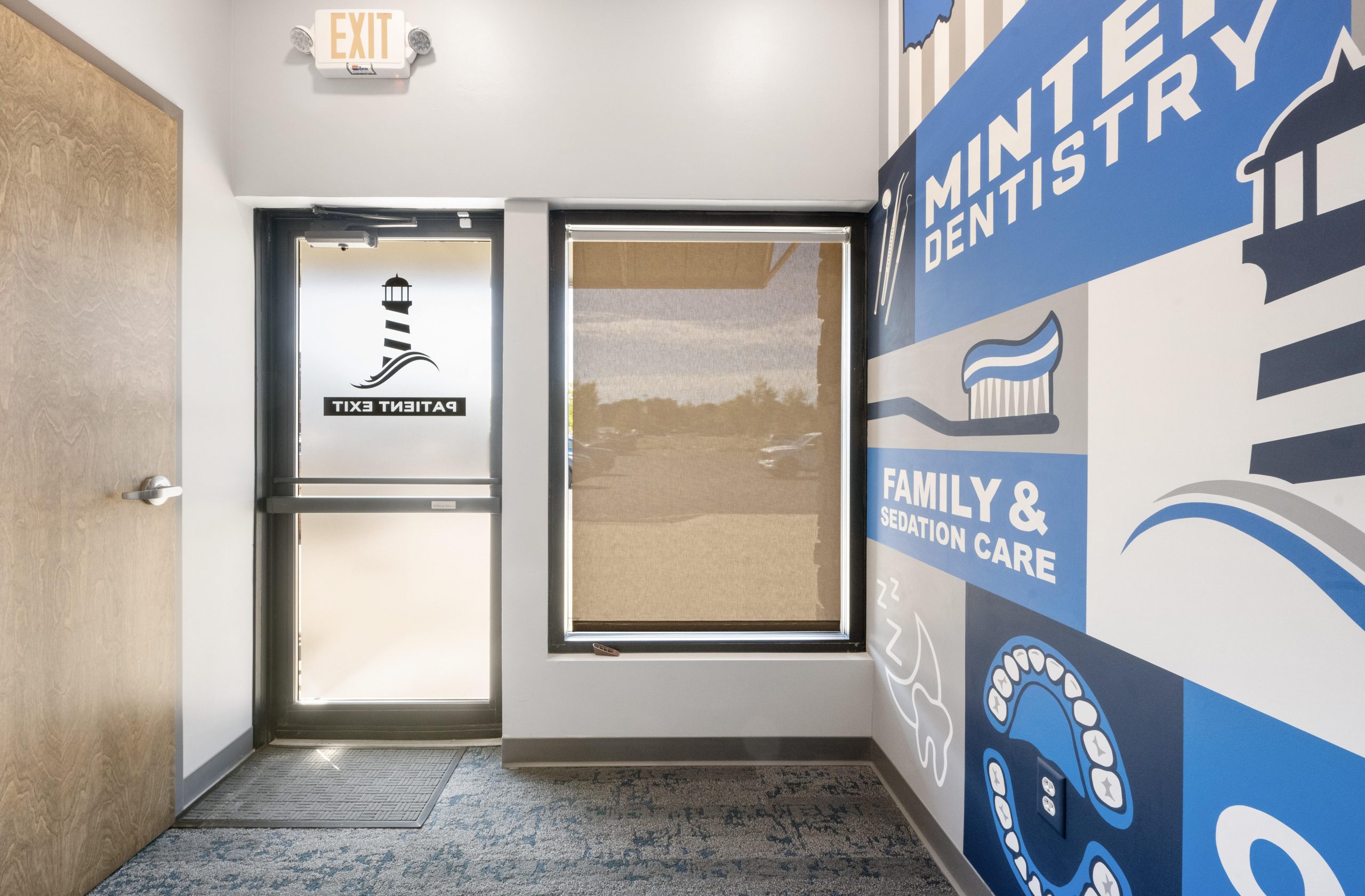
Preparation for Sedation Dentistry
Sedation dentistry makes it easier for patients who experience anxiety or fear to visit the dentist and receive the care they need to maintain optimal oral health. By calming nerves and reducing discomfort, sedation allows for a more relaxed and stress-free experience, enabling patients to undergo necessary treatments they might otherwise avoid.
Exceptional Care in a Landmark Practice
A provider of sedation dentistry for comfort-oriented family dental care
When is Sedation Dentistry Recommended?
Sedation dentistry is beneficial for patients with high dental anxiety or phobia, those undergoing extensive or lengthy procedures, individuals with a low pain tolerance or a strong gag reflex, and patients with special needs or disabilities that make traditional dental care challenging. For pediatric patients, sedation can help manage fear and discomfort, making dental visits less intimidating and more successful in promoting long-term oral health habits. In elderly patients, sedation can be particularly helpful in addressing complex dental issues that may require prolonged treatment sessions while also considering the unique medical conditions and sensitivities that often accompany aging.
How To Prepare For Your Sedation Dentistry Appointment
Before the Appointment
- Dietary Restrictions (e.g., Fasting Guidelines): You will need to fast for 6 to 8 hours before your appointment if you’re receiving IV sedation. This helps prevent nausea and ensures a safer procedure.
- Medication Management (e.g., Adjusting Regular Medications): Discuss your current medications with your dentist. Some may need to be adjusted or paused to avoid interactions with sedation medications.
- Arranging Transportation (e.g., Having a Responsible Adult to Drive): Sedation can impair your ability to drive, so plan for a responsible adult to drive you to and from the appointment.
- Clothing and Comfort Considerations (e.g., Wearing Loose Clothing): Wear loose, comfortable clothing to help you relax during the procedure.
Communication with Your Dentist
- Discussing Allergies and Health Conditions: Inform your dentist of any allergies or health conditions to ensure the safest sedation option is chosen for you.
- Understanding the Procedure and Post-Op Instructions: Make sure you understand the steps of your procedure and any post-operative care instructions your dentist provides.
Guide to a Successful Recovery
After your sedation dentistry procedure, it’s important to follow specific guidelines for a successful recovery. Immediately after the procedure, you may feel groggy or experience mild nausea as the sedation wears off—this is normal and should gradually subside. Your dentist will provide detailed post-procedure instructions, including how to manage any discomfort with prescribed pain medications and which foods to avoid in the initial hours or days following your treatment. If you experience unusual symptoms, such as severe pain, prolonged dizziness, or any signs of infection, contact your dentist right away to ensure proper care and a smooth recovery.
Sedation Dentist in Canton, OH
Whether you have dental anxiety, require extensive treatment, or simply want a more relaxed visit, we invite you to consult with us about your sedation options. If you’re considering sedation dentistry to make your dental visits more comfortable, contact us to schedule a consultation at Minter Dentistry in Canton, OH. Our team is here to provide compassionate dental care tailored to your unique needs, ensuring a stress-free experience from start to finish.
